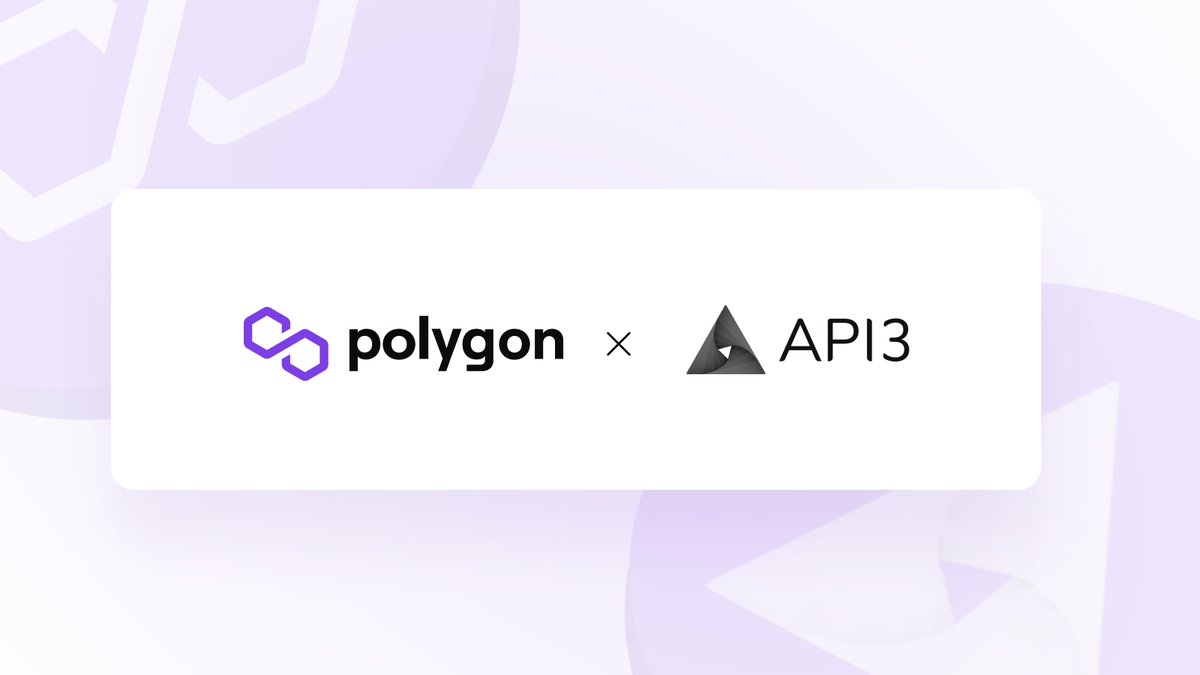
Today, we're introducing the world to @0xPolygonAvail.
Avail takes a bold step towards a modular future, where chains specialize and work together for a much more scalable #Web3.
Here’s how it works 👇 [1/6]
Avail takes a bold step towards a modular future, where chains specialize and work together for a much more scalable #Web3.
Here’s how it works 👇 [1/6]
#Polygon uses “modularity” to make blockchains better.
That’s a bit abstract. But Avail is a great example of this.
We've seen how scalable blockchains can become when rollups take execution off-chain.
Data availability is the next logical piece to take off-chain.
[2/6]
That’s a bit abstract. But Avail is a great example of this.
We've seen how scalable blockchains can become when rollups take execution off-chain.
Data availability is the next logical piece to take off-chain.
[2/6]
Before this, every blockchain performed:
1️⃣ Data Availability - reach consensus on transaction (tx) order & ensure txs are available for verification
2️⃣ Execution - run txs & determine state changes
3️⃣ Settlement - final verification and arbitration
[3/6]

1️⃣ Data Availability - reach consensus on transaction (tx) order & ensure txs are available for verification
2️⃣ Execution - run txs & determine state changes
3️⃣ Settlement - final verification and arbitration
[3/6]


Now, L2 rollups have seen 100x improvements in cost and scalability by taking just execution off-chain.
But they've still had to store their data on Ethereum. Instead, they can store that data on #PolygonAvail, post a proof to #Ethereum, & eliminate 80-95% of their costs.
[4/6]

But they've still had to store their data on Ethereum. Instead, they can store that data on #PolygonAvail, post a proof to #Ethereum, & eliminate 80-95% of their costs.
[4/6]


But that’s not all—a modular DA approach also enables completely new use cases such as sovereign rollups. Stay tuned for more about those in a future post.
[5/6]
[5/6]
If we want the entire world to join Web3, blockchains will need to handle more txs.
Avail embodies our belief that a modular approach to blockchain design is what will bring Web3 to the masses.
The @0xPolygonAvail Testnet is live now!
Go modular: bit.ly/PolygonAvail-L…
[6/6]
Avail embodies our belief that a modular approach to blockchain design is what will bring Web3 to the masses.
The @0xPolygonAvail Testnet is live now!
Go modular: bit.ly/PolygonAvail-L…
[6/6]
• • •
Missing some Tweet in this thread? You can try to
force a refresh










